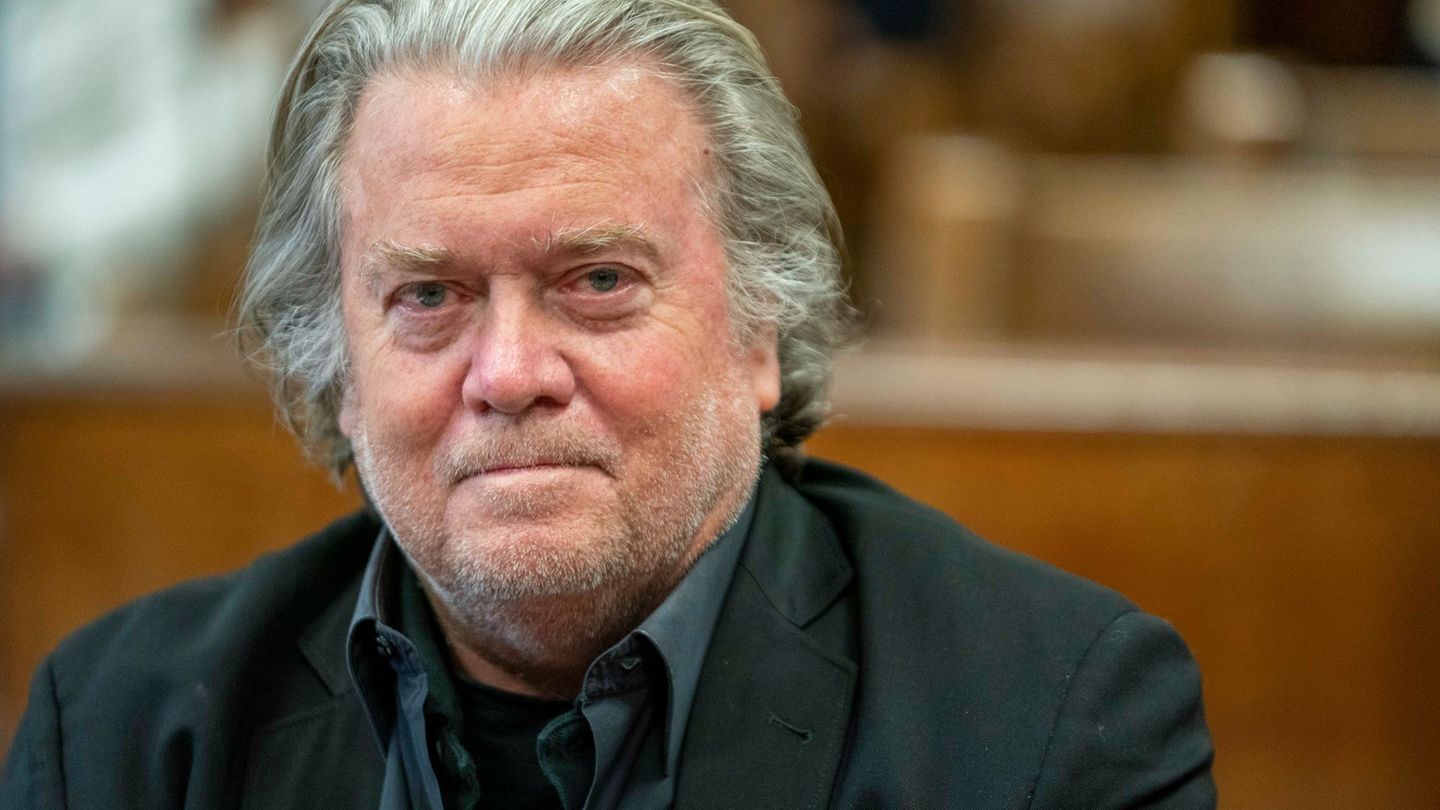If something can be said about Pope Francis’s legacy is that, beyond his vocation to achieve fraternity among all the inhabitants of the planet, the Argentine also positioned on controversial issuessuch as migration, armed conflicts and, punctually, The world course of economy. In his different interviews, encyclical and in apostolic exhortations, the Jesuit positioned himself strongly against what he considered a “Culture of discard”.
In a world marked by financial speculation and the increase in social gaps, the Argentine advocated greater equality among all the inhabitants. “The current economic system has produced an imbalance that has resulted in growing inequality ”he said.
Francisco’s main definitions about the economy
From his arrival to the throne of San Pedro, Francisco It promoted a paradigm shift in the church speech about the current mode of production and the distribution of wealth throughout the planet. From his place, the Argentine advocated the concept of Social justice Something that, in his last months, was very criticized by current President Javier Milei.
“The market only does not solve everythingalthough again we want to make this dogma of neoliberal faith believe. Some intended to make us believe that market freedom was enough for everything to be insured, “said Pope Francis on some occasion. In this sense, Francisco always advocated capitalism that has” human “characteristics.
His speech was always the same, regardless of whom he had in front. In February 2017, for example, the Argentine criticized capitalism because “The creation of discarded people” and then try “Hide it or make sure you don’t see it.” His phrase was outlined before a group of entrepreneurs in the Vatican.
Pope Francis
Francisco denounced the inequalities between social classes.
Vatican News
Another of Pope’s greatest criticism – based on the problems of Argentina, his country of origin – Francisco lashed out against the external debt to which he described as “A control instrument”In his message he also launched proposals such as allocating a fixed percentage of the money used in armaments for the constitution of“A world fund that definitively eliminates hunger and facilitates in the poorest countries educational activities also aimed at promoting sustainable development”
Maybe His strongest criticisms were exposed in Evangelli Gaudium (The joy of the Gospel), one of his most recognized works, launched in 2013 – same year of his assumption – and the one that ordered the rest of his pontificate. There, the Argentine outlined a strong criticism against the current production system.
“The great risk of the current world, with its multiple and overwhelming consumption offer, is an individualistic sadness that springs from the comfortable and greed of the sick search for superficial pleasures, of isolated consciousness“, wrote
“Just as the commandment of ‘not killing’ puts a clear limit to ensure the value of human life, Today we have to say ‘not an economy of exclusion and inequality’. That economy kills. It cannot be that it is not news that an old man dies of cold in a street situation and that it is a fall of two points in the bag. That is exclusion “the Argentine criticized in his Evangelii Gaudium.
Evangelii Gaudium.pdf
Evangelii Gaudium, the first apostolic exhortation of Pope Francis.
Vatican
Going beyond, Pope Francis also wove an absolute connection between insecurity and inequality in different societies. “Until the exclusion and inequality within a society are reversed and among the different peoples it will be impossible to eradicate violence. The poor and poor peoples are accused of violence but, without equal opportunities, The various forms of aggression and war will find a breeding ground that will sooner or later cause their explosion, “he said.
His criticism of unlimited accumulation and corruption was also present in various opportunities during his 12 years under the command of the Catholic Church. “My grandmother said: ‘The devil enters your pocket.’ Money corrupts you if you don’t know how to use it well, If you are not committed to something to use the money, “he said during a talk in the Vatican when he denounced a case of embezzlement in Argentina.
Source: Ambito




